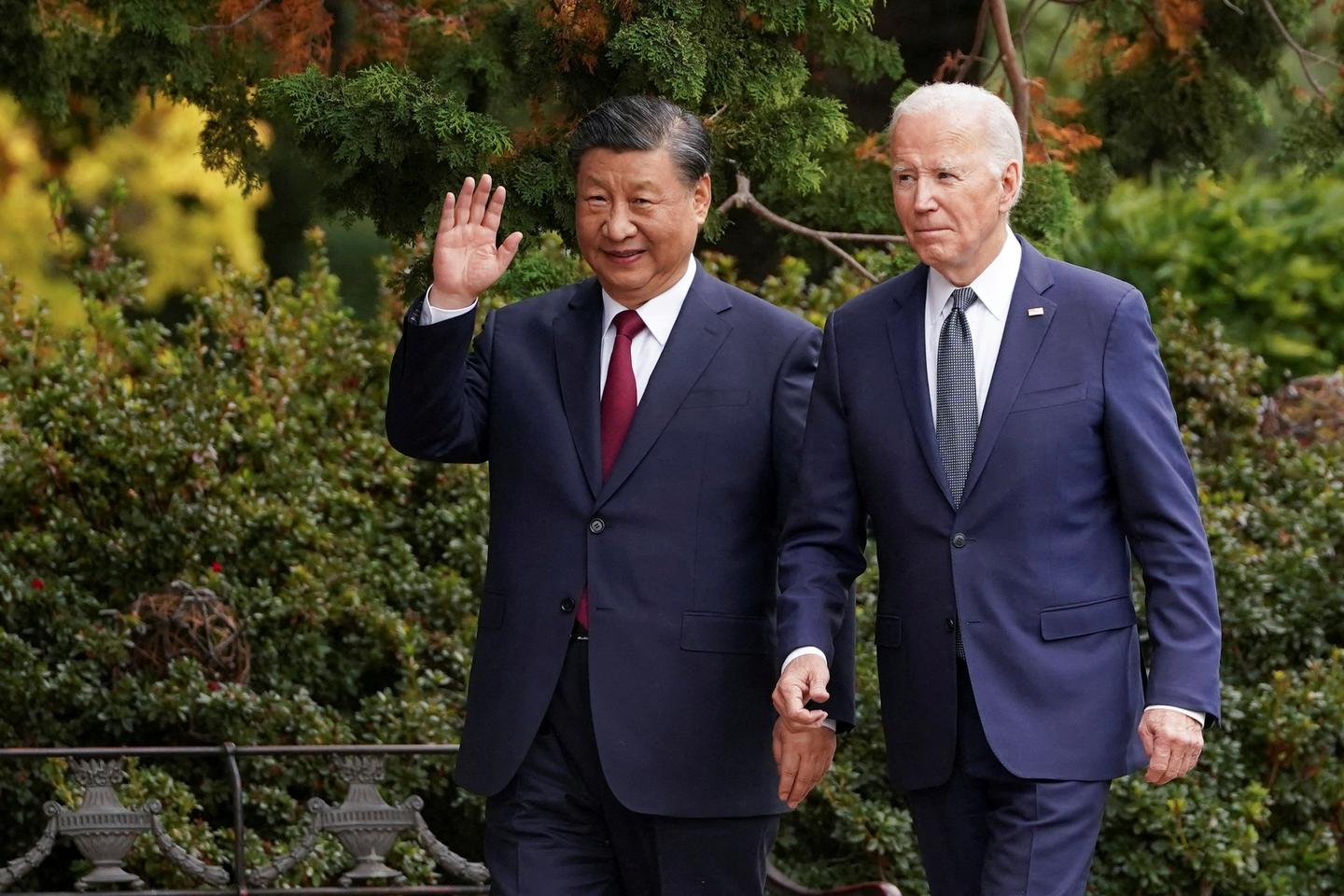


Diplomatic summits are a delicate art, especially in the bilateral form. The failure of a multilateral summit can always be blamed on others, but that is a more difficult task when the meeting involves just two leaders. It is even more difficult when the summit is between the leaders of two superpowers, and the rest of the world has its eyes glued to the outcome of their talks. In this respect, the diplomats who prepared the summit between Xi Jinping and Joe Biden on November 15 in San Francisco can be just as pleased as those who worked on the summit between Mikhail Gorbachev and George Bush three decades ago. The result may not have been spectacular, but the very fact that the meeting took place at all, and without incident, is a success in itself.
Two summits, three superpowers, a different world. When the US president and the Soviet leader met off the coast of Malta on December 2 and 3, 1989, the main purpose was to mark the end of the Cold War. The Berlin Wall had fallen three weeks earlier, and Bush wanted to get a sense of Gorbachev's state of mind, which he knew had been weakened by the revolutions in the Warsaw Pact countries.
At that moment, the United States was worried about a brutal and chaotic collapse of the Soviet empire. Gorbachev sought to reassure the American president, but complained of his irritation at Helmut Kohl's rush to quickly reunite the two Germanys. In any case the Soviet Union no longer regarded the United States as an adversary, he assured. The Cold War was truly over.
China's spectacular rise
The world is still divided between two superpowers, but the challenger has changed. China has replaced the heir to the Soviet Union, Russia, which is having a hard time recovering. Beijing's rise has been as spectacular as the decline of the USSR. Wanted by the International Criminal Court for war crimes, Russian President Vladimir Putin has been reduced to taking part in multilateral G20 or BRICS (Brazil, Russia, India, China, South Africa) summits by videoconference; the prospect of a Russian-American summit is no longer even on the table after the invasion of Ukraine.
And while the challenger may have changed, the world's leading superpower is still on top. The proclamation of its demise was premature. Its share of global GDP remains stable; in 2022, the United States will account for just over a quarter of the world economy, followed by China with 18%, according to the World Bank, and then the European Union, which is close to 17%. Russia is now lagging well behind, with slightly more than 2%. For more than a century now, America has been the world's leading power. China's comeback came at the expense of Europe and Japan, not the United States.
You have 55% of this article left to read. The rest is for subscribers only.
